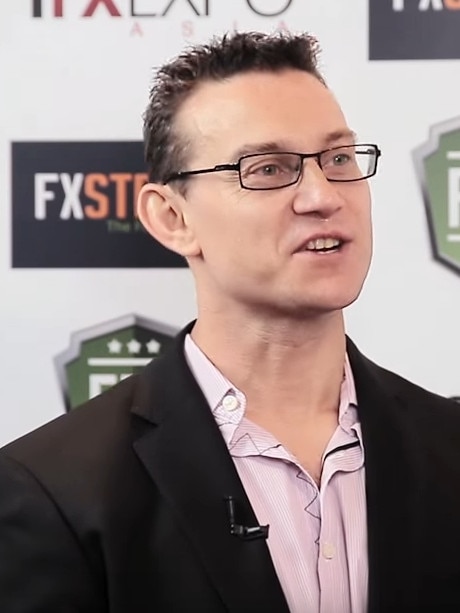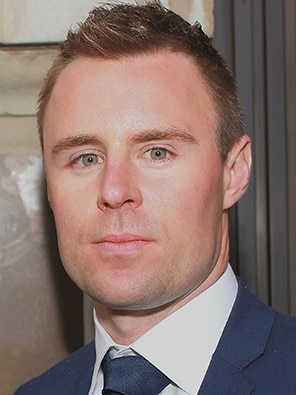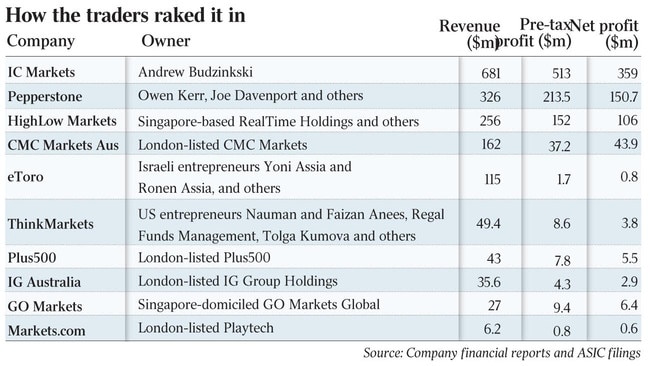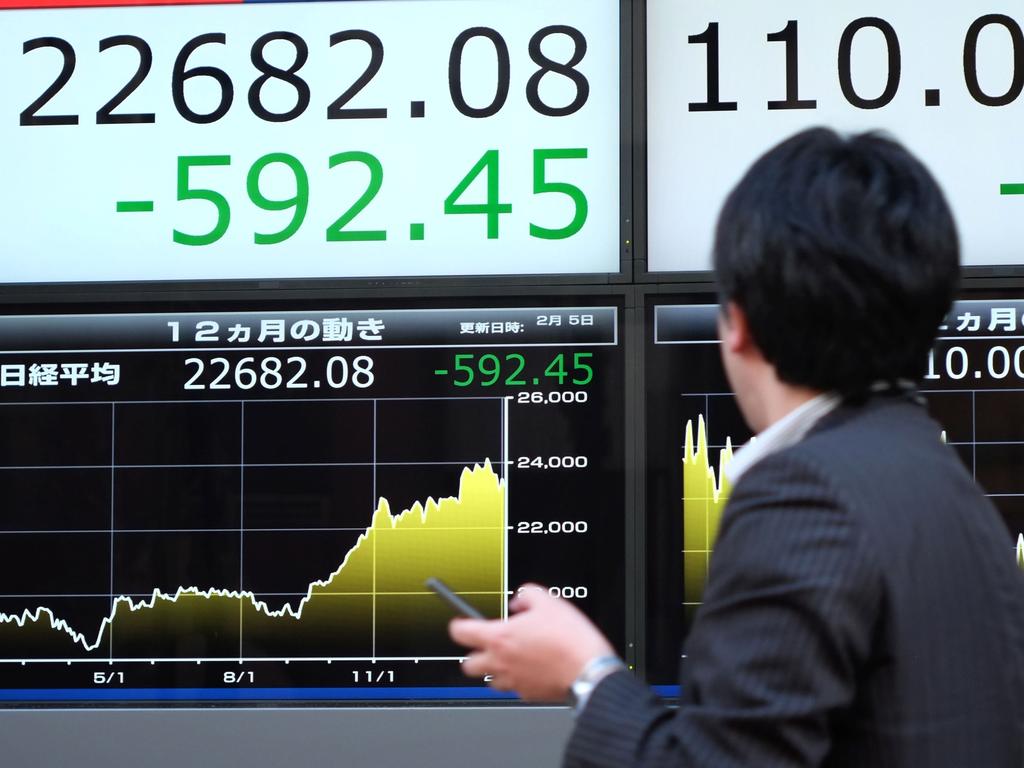CFD and forex brokers ride Covid-19 boom, but ASIC crackdown nears
Foreign exchange and contract-for-difference brokers made almost $1bn in pre-tax profits in Australia.

Foreign exchange and contract-for-difference brokers made almost $1bn in pre-tax profits in Australia as trading volumes by retail clients reached “frantic” levels during COVID-19.
Trading in the risky financial derivatives known as CFDs has reached such high levels that the corporate regulator has cracked down on a market where it says most people are losing money.
After three reviews in the past four years, the Australian Securities & Investments Commission recently imposed conditions on the issue and distribution of CFDs to retail clients, including trading of currencies, stockmarket indexes, shares and crypto-assets.
The new ASIC rules will limit the extent to which brokers can pump up the bets their clients are making on financial markets using CFD products. Previously retail clients were allowed to leverage, or magnify the value of a trade, by up to 500 times their investment on some products — far above the rate allowed in Europe and other countries.

It meant many global companies flocked to Australia, making big profits in the process.
Two Australian-owned companies, IC Markets and Pepperstone, are among those making huge profits.
Subsidiaries of foreign-owned and listed corporations are also reporting big financial results.
ASIC has announced that leverage on trading will be restricted to two times for crypto-assets and up to 30 times for currencies, with gold, stock market indexes and share trading at various ratios in between.
The measures will be introduced at the end of March in 2021 and last for at least 18 months.
In the meantime, forex and CFD brokers are making huge profits, and ASIC warns that it is extremely difficult for retail traders, many of whom are young and attracted to the excitement of trading online, to make money from the activity.
“These leverage ratio limits and other changes are being introduced after ASIC reviews … found that most retail clients lose money trading CFDs,” the watchdog said in an announcement last month.
“For example, during a volatile five-week period in March and April 2020, the retail clients of a sample of 13 CFD issuers made a net loss of more than $774m.”
IC Markets is owned by billionaire Andrew Budzinski, a member of The List — Australia’s Richest 250.
The company has its headquarters in Sydney, though Budzinski now lives in a luxury marina in Cyprus.
According to documents lodged last week with ASIC, IC Markets made a pre-tax profit of $513m from $681m revenue in the year to December 31, 2019 – the latest available results.
Such were its profits that the $144m IC Markets paid in tax was among the 60 highest amounts paid by an Australian corporation last year, and more than well-known companies such as Bank of Queensland, Resmed, TPG Telecom and JB Hi-Fi.
Another big name locally is Pepperstone, the Melbourne-based forex broker established by Australian Owen Kerr, also a member of The List, and his British business partner Joe Davenport in 2010.
Net profits rose 50 per cent to $150.2m on revenue of $332.6m.
While the profit generated by facilitating over-the-counter derivatives such as margin foreign exchange contracts and contracts for difference was a record for the broker, Pepperstone did admit pending regulatory changes would have “an impact on Australian regulated providers and their clients”.

But, Pepperstone said in its accounts — which included the revelation it paid $162m in dividends to its shareholders — that it was “confident that the business is well positioned to mitigate this impact” because it had secured regulatory licences in “a number of other jurisdictions enabling it to diversity its product offering”.
Another big earner is the Singapore-owned HighLow Markets, which counts Tony Collick as a director.
Mr Collick in May emerged as the buyer of a $16.6m mansion in Sydney’s Rose Bay.
HighLow Markets made a $106m net profit from $256m in the year to December 31, according to its latest financial report.
For London-listed CMC Markets, Australian CFD net trading revenue reportedly accounted for 23 per cent of the group’s profit in the 2020 financial year.
Its local accounts show a $43.9m net profit, including a positive tax benefit, from $162m revenue.

CMC’s head of Asia-Pacific and Canada, Matt Lewis, recently told The Australian that COVID-19 has spawned a new, younger breed of online trader more prepared to buy international technology stocks, including an increase in female traders.
The company said the impact of ASIC’s new rules on profitability would be limited because a large proportion of its Australian CFD net revenue was generated by clients eligible to qualify as wholesale clients, “meaning those clients will not be impacted by the regulatory changes announced”. Australia accounted for about 15 per cent of London-listed Plus500’s revenues in 2019.
The accounts of its local subsidiary lodged with ASIC showed it made a $5.5m profit from $43m revenue.
In October it told the market that any effect of ASIC’s new rules was incorporated in analyst forecasts.
Other big earners in Australia include eToro, the Israeli firm that has sponsored the Wallabies national rugby union team this year, founded by Ronen and Yoni Assia and David Ring.
Elsewhere, Think Markets has reportedly delayed a mooted $300m ASX listing until early 2021.
ThinkMarkets’ main product is ThinkTrader, which allows clients to trade foreign currencies, shares, futures, indices, commodities and metals.






To join the conversation, please log in. Don't have an account? Register
Join the conversation, you are commenting as Logout